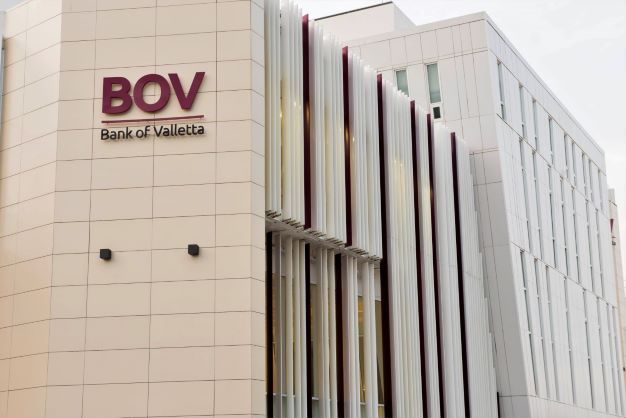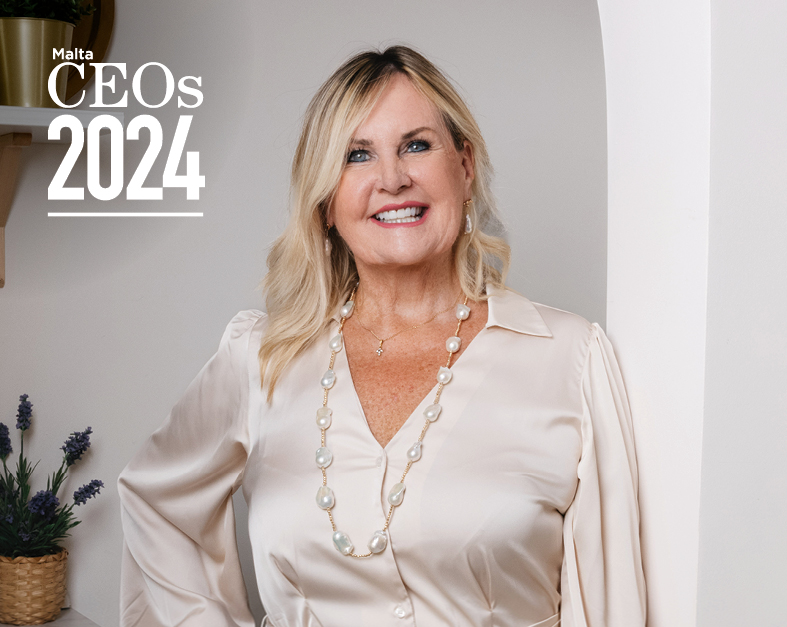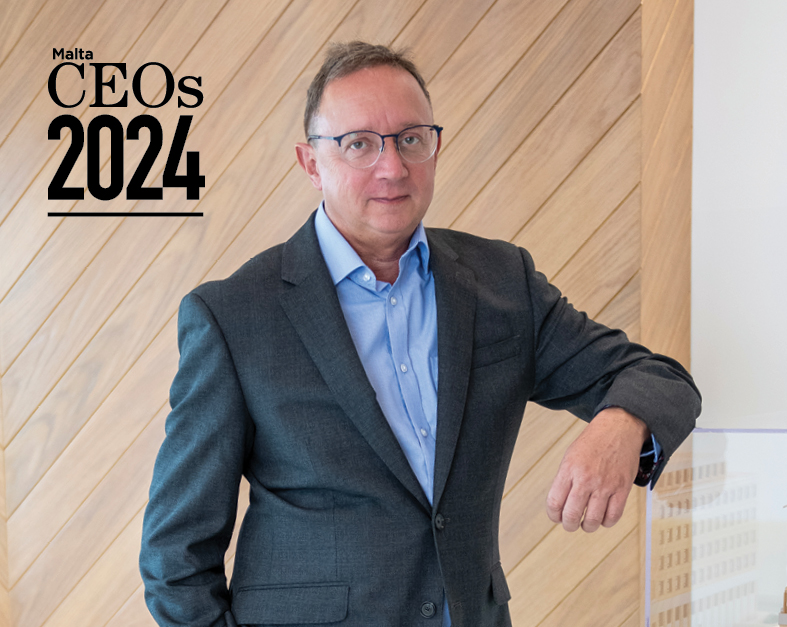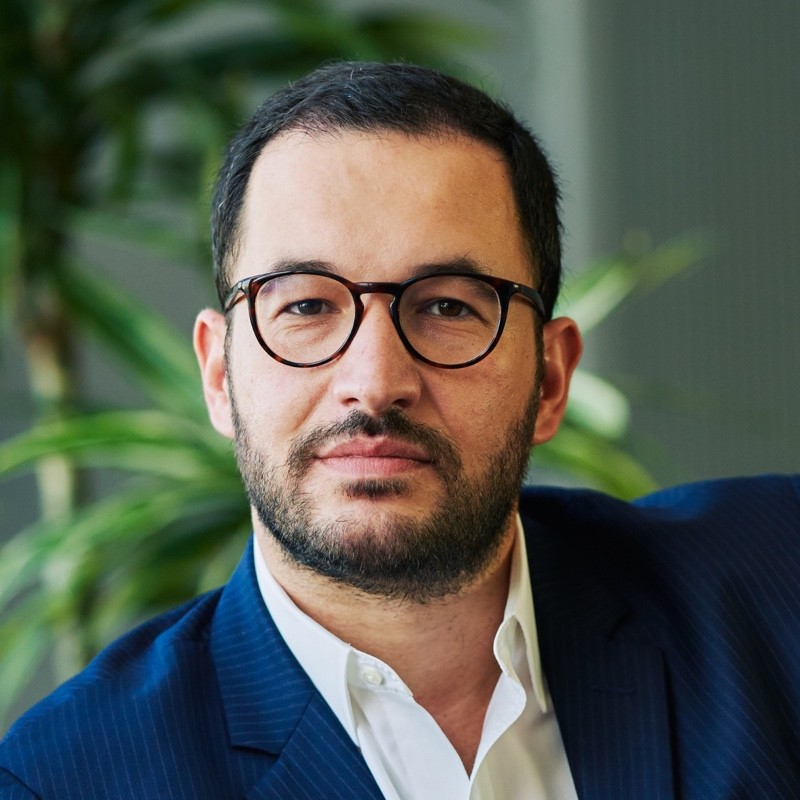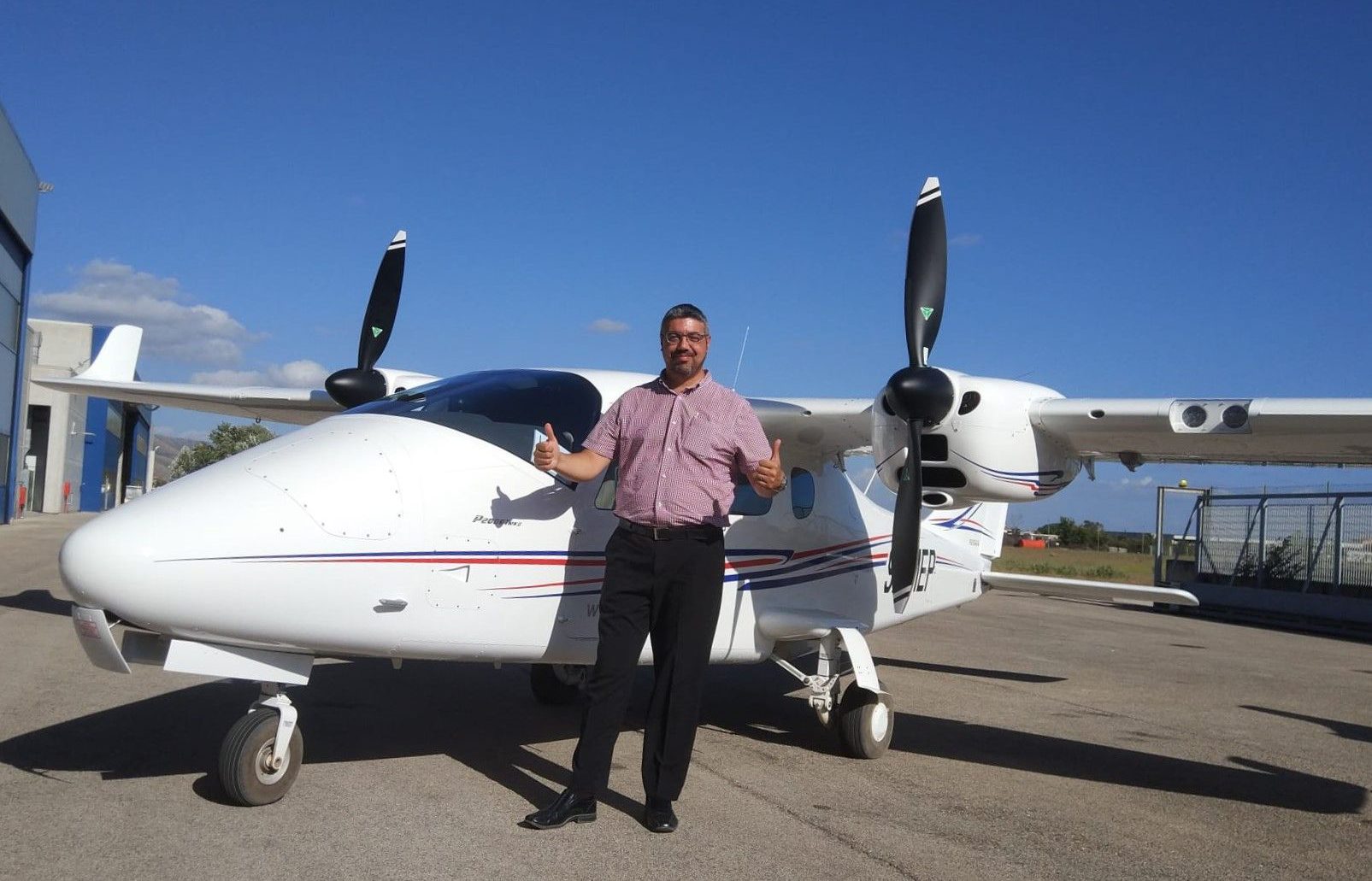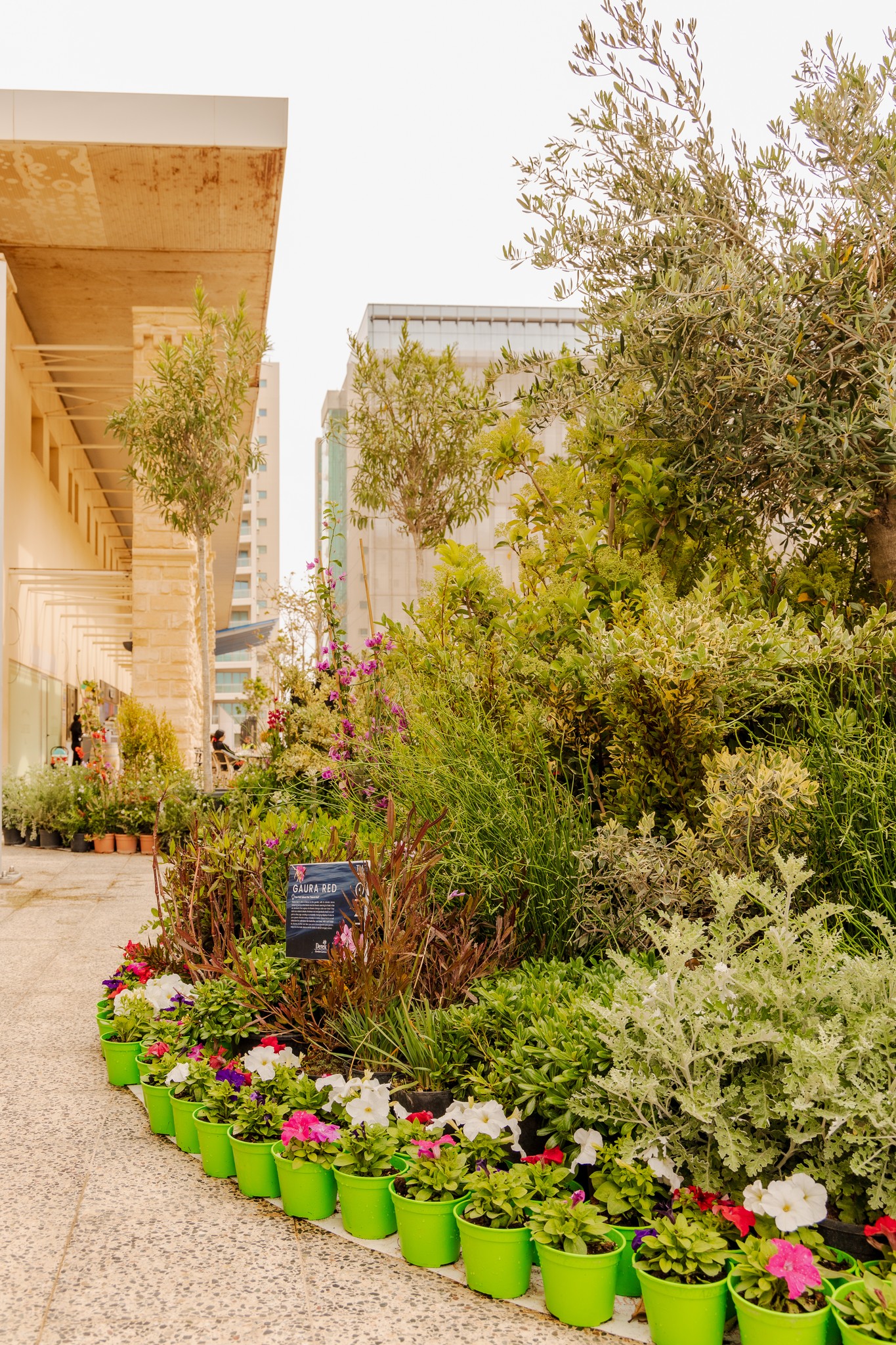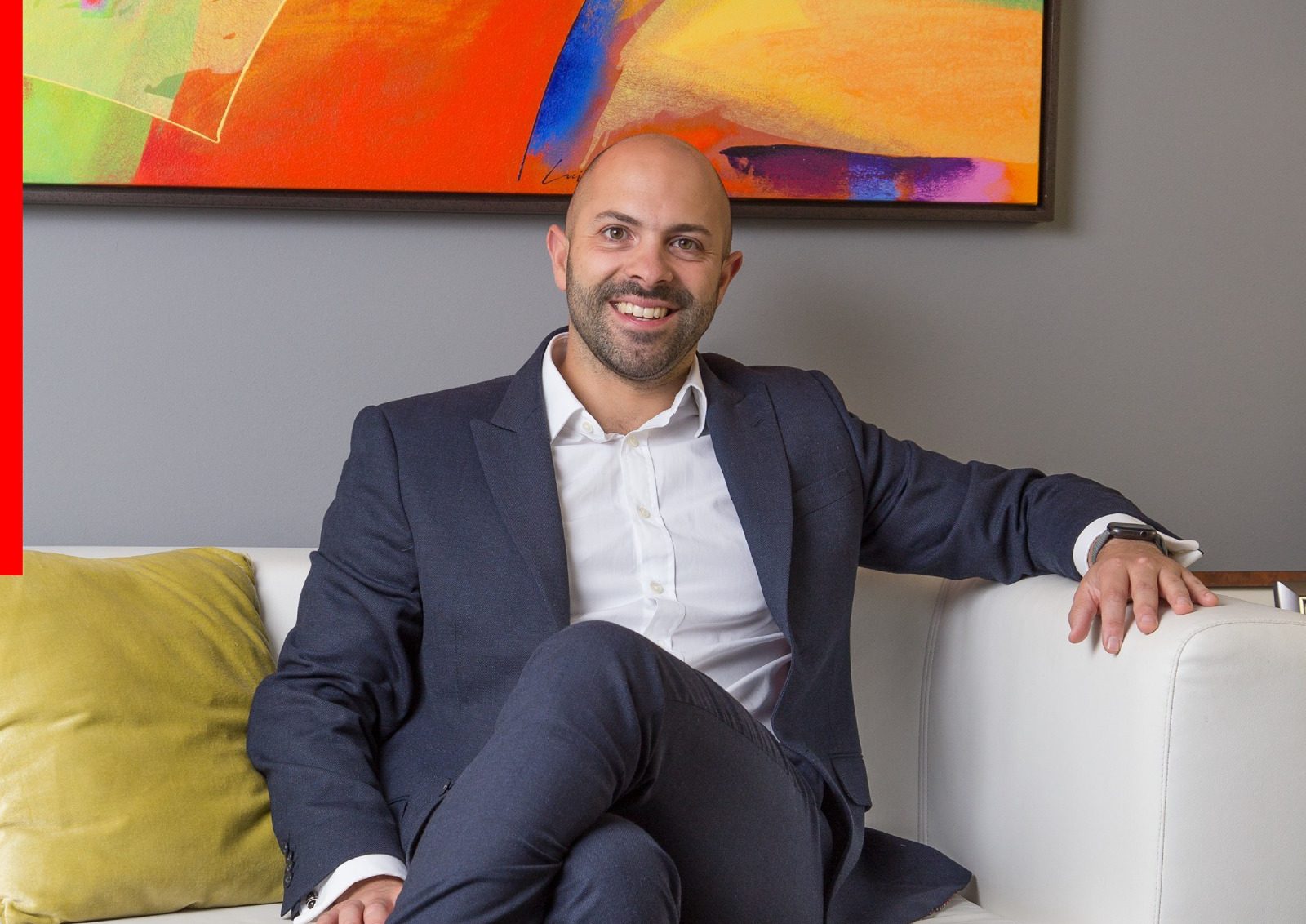Bank of Valletta is the largest bank in Malta by any measure. The biggest retail branch network, the most customer deposits, the largest loan book.
As the dust settles on the fight against money laundering, efforts to embrace environmental, social and governance (ESG) best practice are ramping up across Europe, with Malta no exception. Although not without its costs, for the current leadership, these efforts represent nothing less than an opportunity for BOV to make a statement of intent by putting its stamp on Malta’s twin green and digital economic revolutions.
“Up to a few years back, we used to believe that the role of a bank is to take savings and finance loans. Today, regulators and authorities see banks as a means to achieve other important socioeconomic objectives,” says Gordon Cordina, Chairman of BOV’s Board of Directors.
“At this point in time we are also a bank in a country which is waking up to the fact that much of the future competitiveness of our economy depends on our attractiveness as a Mediterranean lifestyle destination.”
Dr Cordina argues that the importance of this concept holds true for practically all sectors, and explains that the bank’s financing will increasingly reflect the need to put sustainability at the forefront of business investments.
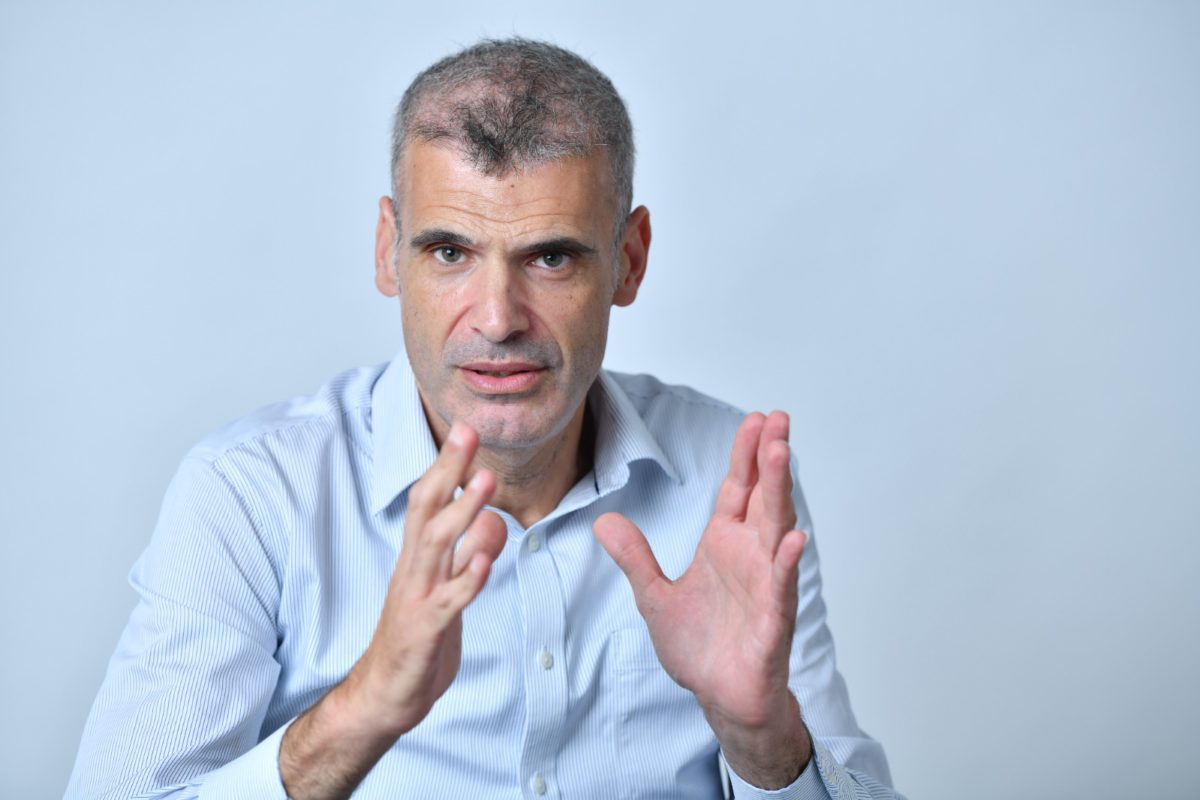
“We need to make sure that these projects are sustainable by being consistent with climate, environment, social and governance priorities,” he says, adding that the focus on sustainability is not just a question of regulatory requirements or principled action.
“The business case is overwhelming. It’s a matter of managing risk and ensuring that BOV’s substantial investment in the Maltese economy, through our extensive loan book, is able to perform in the long term.”
BOV CEO Kenneth Farrugia agrees, noting that this reasoning is “key” for the adoption of similar principles across the wider business community.
“When we talk about ESG, we first need to satisfy the commercial interest of an organisation. Once the business case makes sense, they will also feel good about the positive social and environmental impacts of their investments. It all comes back to the bottom line.”
Mr Farrugia however points out that local businesses are becoming steadily more aware of the commercial rationale behind ESG, thanks in part to BOV’s leadership.
“We are releasing very attractive products that are helping businesses accelerate their investment in green measures,” he says, pointing to the launch of a 10-year loan offering for sustainable investment carrying zero interest.
“Ultimately, whether you are involved in property development or manufacturing, you are looking at the cost of financing your investment. If can optimise that by implementing energy efficiency measures, you do it.”
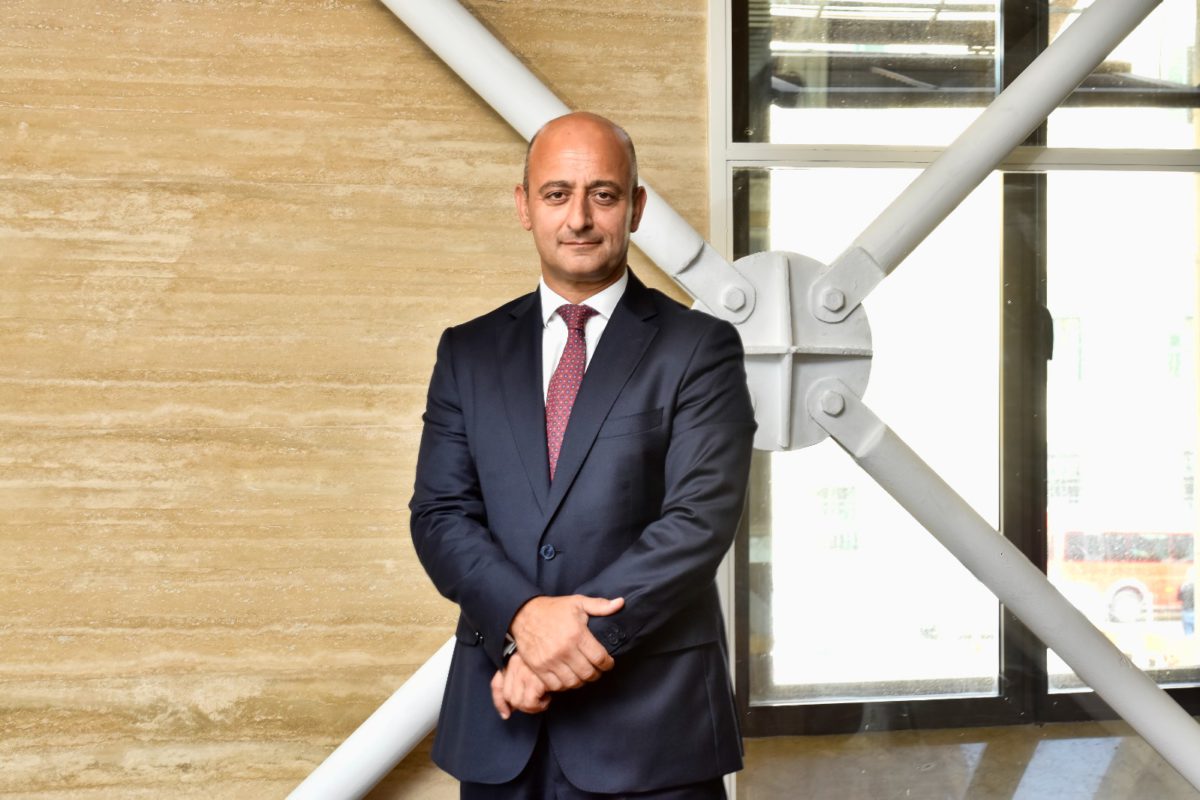
Beyond financing, such initiatives also have an impact on competitiveness: “I can say that today there is a growing appreciation that forward-thinking action bestows competitive advantages,” says Mr Farrugia, asserting that demand is growing for projects that take sustainability seriously.
“Ensuring financial sustainability nowadays entails ensuring environmental sustainability,” adds Dr Cordina. Bringing up the example of commercial real estate, he submits that buildings without LEED or BREEAM certification fail to attract international companies looking for office space – a factor that BOV takes into account when approached to finance such projects.
The bank does not exempt itself from these measures, and is in fact in a process of realignment to ensure that its ESG commitments are upheld.
“As Malta’s leading financial institution, we must lead by example. Our aim is to markedly reduce our carbon footprint by 2030,” says Mr Farrugia, with a target in the “high double digits”. To that effect, BOV has been able to identify its major carbon-emitting activities and is taking steps, where possible, to reduce the use of paper and mail while retrofitting its extensive network of branches to include smart lighting and improved insulation.
As a large consumer of products and services, BOV is also working with its suppliers to help them embed ESG measures within their own organisations: “We send our own subject matter expects to share with them our own experiences, what they could do, and explain how they can leverage the use of certain products on the credit financing side.”
For Mr Farrugia, the part BOV plays in this transition is to provide the right incentives that can shift the balance towards socially beneficial decisions.
“We’ve been around for five decades, and during that time we have always taken a leadership position in the market,” he says, highlighting the bank’s central role during the COVID-19 pandemic.
“Some sectors, like hospitality and retail, suffered a lot from the situation of quasi lockdown. In partnership with the Malta Development Bank, we were able to structure loan products that affected businesses could use to remain afloat. These collective support measures laid the foundations for the robust economic growth we have seen since then, with companies being able to recover very quickly.”
He concludes: “This is what we strive to retain. A leadership position in the market that allows us to be a catalyst for change.”
‘We will continue to navigate the challenges that commercial real estate currently faces’ – Hili Properties MD
The company registered a 23% year-on-year increase in revenue for the year ending December 2023.
’20 years of very hard work’: MD Patrick Fenech reflects on Malta School of Flying’s 20th anniversary
One of Patrick Fenech’s great satisfactions over the years is boarding flights piloted by former students.
The Point Urban Oasis: A community green space in Tigne Point
Featuring approximately 1,500 carefully selected plants, in an area spanning about 200 square metres, the Urban Oasis offers a rich ...
Debono Group CEO pays tribute to family as company celebrates six decades of partnership with Toyota
Debono Group’s collaboration with Toyota started in 1960, when the late Michael Debono imported and sold a Toyota Crown.


